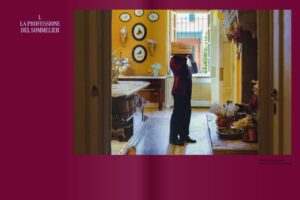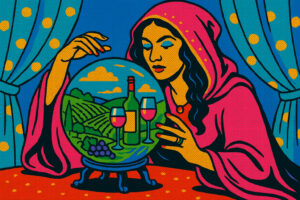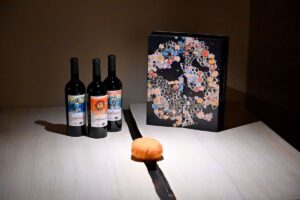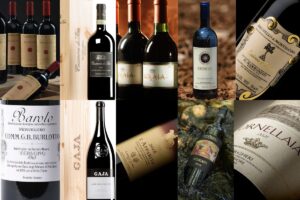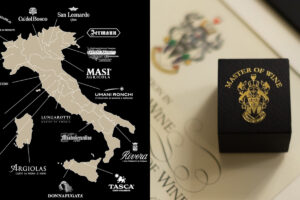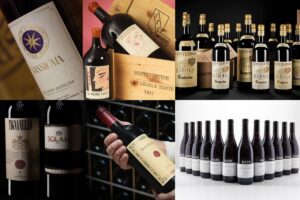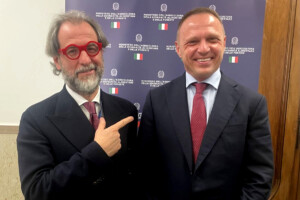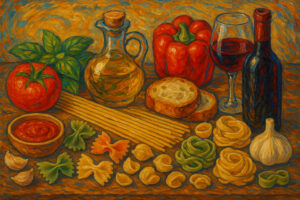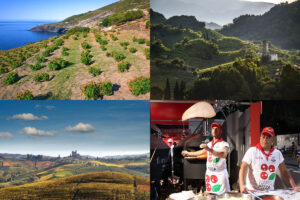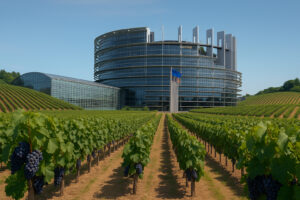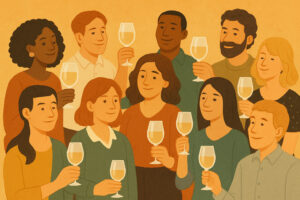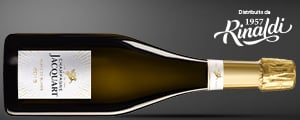"Diversity" in information and communication is certainly a value, even for wine. But, according to some, "too much diversity" leads to confusing information, since criteria for judgment and values are so different from each other, that it is potentially counterproductive. But if these are the views, the fact is that Italy is without a doubt the country with the highest number of more or less authoritative or popular guides about the wine world. Is this good or bad? "Of course, the more you talk about wine, the better it is for the "culture of wine", says Michel Bettane, one of the most famous critics in the world, who has authored along with Thierry Desseauve, the "Grand Guide des vins de France”. And, he explained to Www.winenews.tv that: "you do not have to agree with the advice in the guide books, nor even like one of the authors, but the guide is necessary, because if you want to have a very rich, "civilized" life, from the point of view of wine, you need diversity. It is very important that there are many different voices, as they help to talk about wine, regardless of whether we like what they say or write or even their personality”.
It is not likely, however, that each person expresses a different concept on “quality”, thereby confusing consumers?
"Quality is a multifaceted concept: there is the intrinsic quality and the public’s perception of quality. And the latter is subjective, coming from both the intrinsic quality and the image. However, even if it does not change, since some things are objective givens, the perception of quality can change, as it is not just a feeling or a perception, but a stimulus that comes from the mind".
Perceived quality, therefore, is also communicated quality. It is often said that Italy, in terms of the intrinsic quality of its wines has now reached France, but it is not good at communicating it. What do you think?
"The quality is the same, that is not the problem. The problem is that we French have an advantage of a century, so to speak: the history of our great wines is a century longer than yours, and we have become accustomed to being the best in the 19th century. But now, in the 21st century, great wines are made all over the world, and they are made with the same skills and the same intelligence as then: it was believed that the soil was better in France than, say, in new Zealand, but today it is the ability of wine producers, whether French, New Zealanders or from anywhere in the world to do the best with the environmental factors they have. It is up to the people to find the best places to grow, but there is no "best" in an absolute sense: there is their idea of the best, according to what they have in mind to create, and the diversity of these ideas, and their complexity - the debates, and so on - is an integral part of the wine world, and one of the things I like the most. If there were only one kind of wine, one philosophy for making wine, it would be so boring!”
Copyright © 2000/2025
Contatti: info@winenews.it
Seguici anche su Twitter: @WineNewsIt
Seguici anche su Facebook: @winenewsit
Questo articolo è tratto dall'archivio di WineNews - Tutti i diritti riservati - Copyright © 2000/2025











